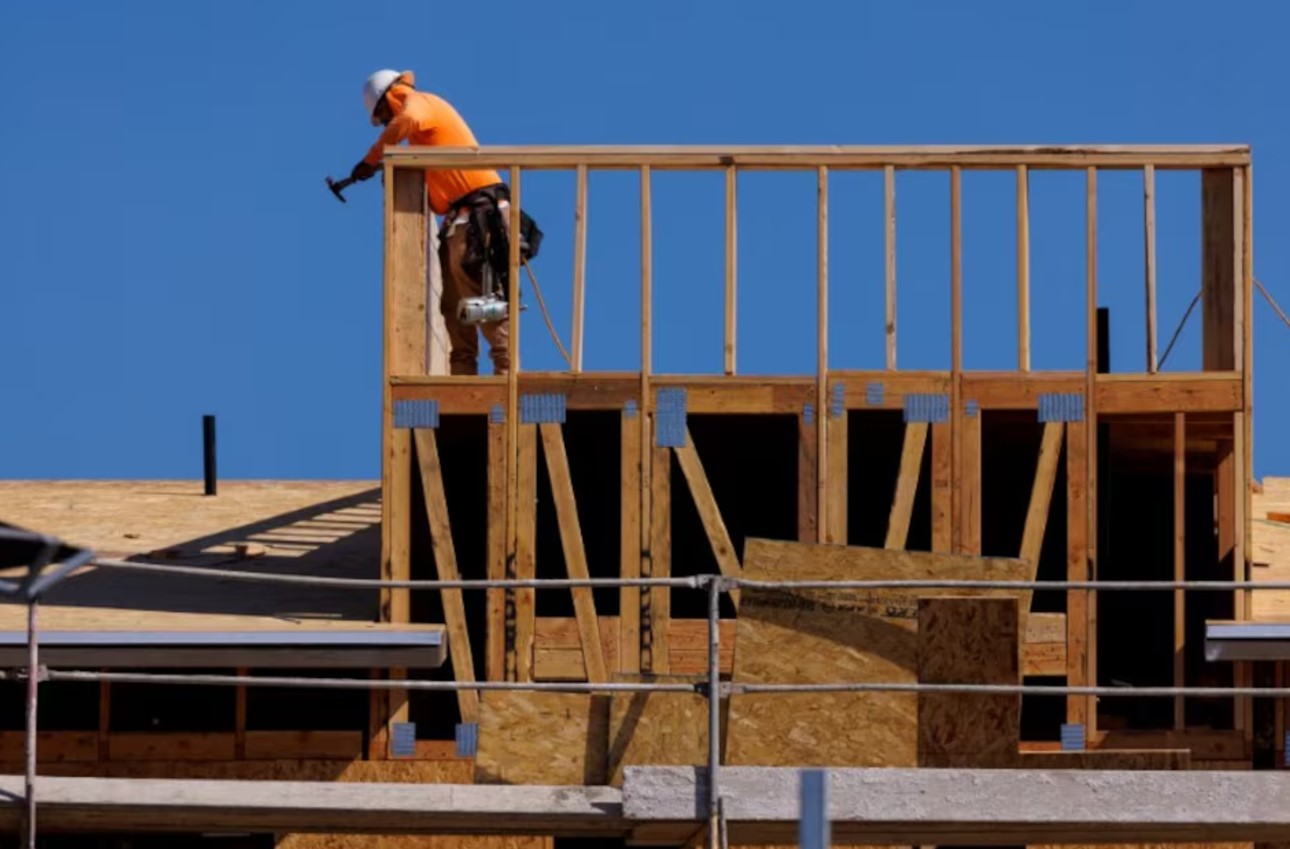Government officials on Thursday promised that a series of measures are on the way to correct distortions in the awarding of public contracts, after a recent report revealed a disproportionate share of such contracts going to a small group of companies.
The House audit committee was discussing the findings of the Audit Office, which said the lion’s share of public contracts went to three construction contractors.
MPs heard that from 2015 to 2025, out of public projects worth a total of €2.5 billion, 22.4 per cent was secured by Cyfield – €563 million.
Iacovou Bros landed 12.8 per cent of the value of the contracts, or €321 million. And Cybarco got 5.6 per cent, or €140 million.
In absolute terms, out of the 2,164 contracts in question, Cyfield landed 157, An. Christou Constructions 89, Iacovou Bros 84, and Cybarco 40.
Parliamentarians also heard that delays in delivering a project averaged at 461 days. Actual delivery of projects occurred within 601 days, on average, of the date of awarding of a contract.
And for 14 per cent of the public tenders, only one bid was submitted.
The Audit Office said these numbers indicate “a lack of options” in public procurement, which in turn restricts the government’s bargaining power.
State treasurer Andreas Antoniades said the government is already working on corrective measures.
He spoke of “a tool” which has been deployed and which anyone – individuals or companies – will have access to. It will feature details of public contracts, including such data as the date of award and the date of completion of a project.
The government meanwhile has prepared a register of terminated/problematic public contracts.
Additionally, authorities plan to introduce an arbitration/mediation process to tackle disputes arising between a contracting authority and the contractor.
For his part, Stelios Gavriel, head of the Federation of Building Contractors Associations, welcomed this step as it would obviate the need for the two parties to end up in court litigation – tying up public projects for years.
Another measure in the pipeline, said Antoniades, is a process where the contracting authority or some other public administration authority will carry out an assessment of a public contract upon completion/delivery of a project.
These assessments will be shared across the government space, so that any public contracting authority can access them to look at a private company’s track record with projects – such as whether a company has been derelict in fulfilling past contracts.
Philippos Katranis, head of the Public Procurement Directorate at the treasury, said the package of measures should be ready by year’s end.
Going forward, before the state signs a new contract with a company, authorities will look at how many public projects a contractor has in progress at the given time. If delays are ascertained with these projects, the contractor would not land a new contract.
Also in parliament were officials from the Commission for the Protection of Competition (CPC).
Independent MP Andreas Apostolou asked the CPC officials if they have before them formal complaints relating to collusion among construction contractors.
The CPC officials said they’d get back with an answer.
Chiming in, Akel MP Costas Costa recalled past cases where contractors had admitted to bribing their way to public contracts.
But the contractors escaped indictment, as they had been used as witnesses for the prosecution in court.
As a result, these companies managed to keep a clean record on paper, and were subsequently able to secure contracts under a different corporate name.






Click here to change your cookie preferences